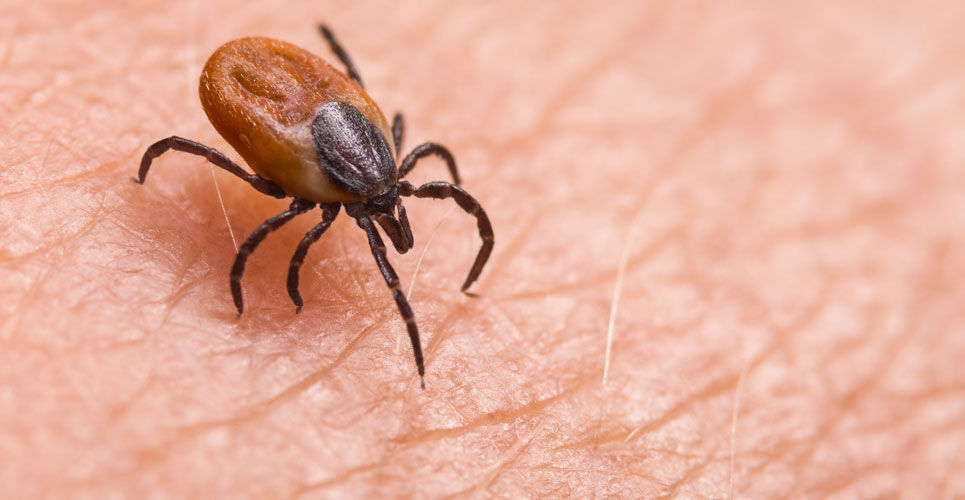A Lyme disease vaccine Phase III study is recruiting participants from five years of age in areas where the disease is highly endemic.
Lyme borreliosis (Lyme disease; LD) is caused by spirochaetes of the Borrelia burgdorferi species complex, a bacterium which are transmitted by ticks. The most common clinical symptom is a gradually expanding erythematous rash (referred to as erythema migrans) together with other but nonspecific symptoms including fatigue, fever, headache, mild stiff neck, arthralgia or myalgia.
Nevertheless, the bacterium can spread to other tissues and organs, causing more severe manifestations that can involve a patient’s skin, nervous system, joints, or heart.
LD is the most common zoonotic disease transmitted by ticks in the USA and Europe and the incidence rate for Western Europe has been estimated at 22.05 cases per 100 000 person-years.
In the US, approximately 30,000 cases of LD are reported to CDC although the true annual incidence might be as high as 476,000.
According to Pfizer and Valneva, the two companies are about the launch a Phase III clinical study, Vaccine Against Lyme for Outdoor Recreationists (VALOR) to investigate the efficacy, safety and immunogenicity of their investigational LD vaccine candidate, VLA15.
There are currently no vaccines licensed for LD and VLA15 targets an outer surface protein OspA expressed by the bacteria when present in a tick.
When this protein is blocked, the bacterium is unable to leave the tick and infect humans. Early data from mice showed that VLA15 induced protection against challenge with four different clinically relevant Borrelia species (B. burgdorferi, B. afzelii, B. garinii and B. bavariensis) expressing five of the six OspA serotypes included in the vaccine.
In an earlier Phase II trial with VLA15, which enrolled five to 17 year olds, the vaccine was found to be more immunogenic than in adults even though adults also generated a good immunogenic response.
The current Phase III study will be undertaken at up to 50 sites located in areas where LD is highly endemic, including Finland, Germany, the Netherlands, Poland, Sweden and the United States.
Participants will receive three doses of VLA15 180µg or saline placebo as a primary vaccination series followed by one booster dose of VLA15 or saline placebo (1:1 ratio).

